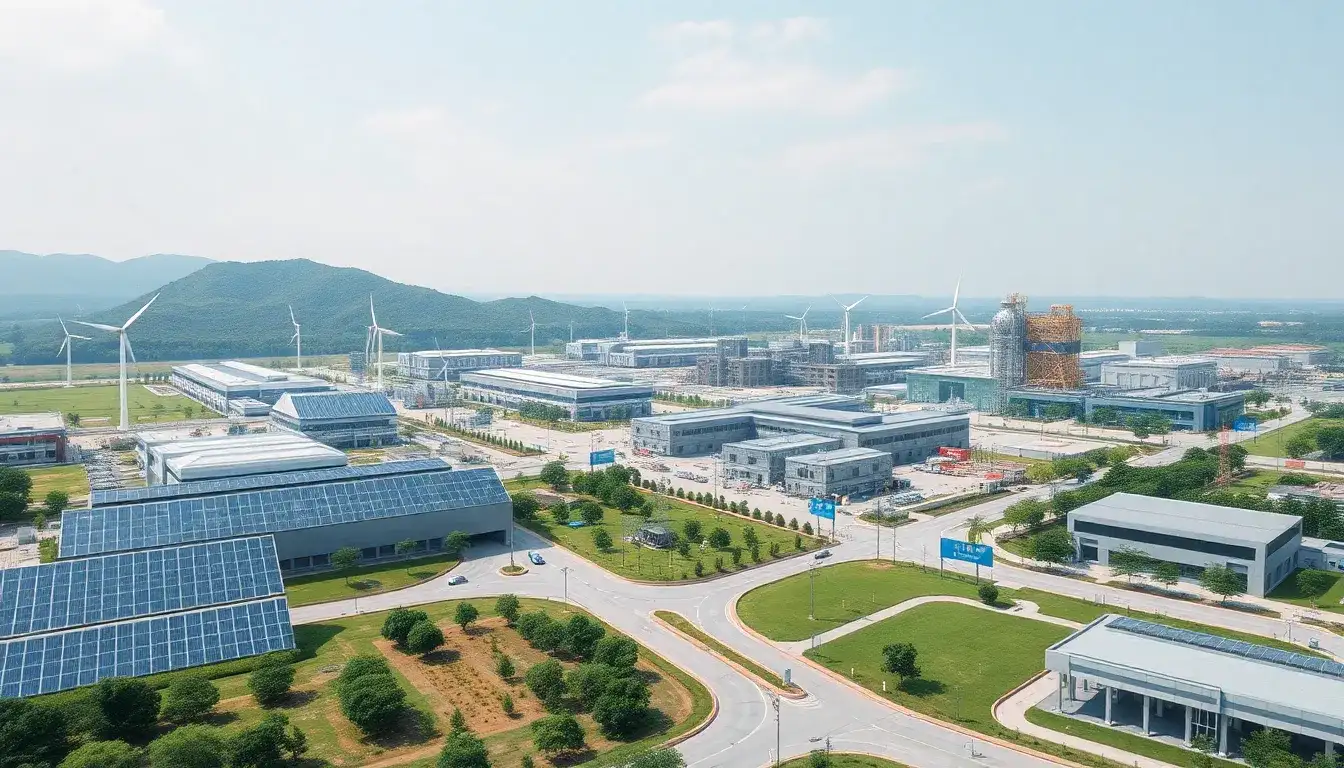
On March 26, 2025, the largest microgrid project in Jiangsu Province, known for its significant industrial development, commenced operations in Changzhou. This microgrid is developed through a collaboration between Changzhou Xinhe Construction Development Group Limited and the State Grid Changzhou Electric Power Supply Company. It has a capacity of 37 megawatts and an estimated annual energy consumption of approximately 420 million kilowatt-hours.
The project is designed to facilitate a stable supply of green energy for various applications, including residential buildings, commercial facilities, and electric vehicles. It is a key initiative aimed at enhancing energy efficiency and sustainability in the region.
This advanced microgrid will function as a “smart energy hub,” integrating energy management systems to optimize the usage of renewable energy sources. The project includes energy storage solutions and electric vehicle charging stations to accommodate the growing demand for clean energy solutions.
By implementing this microgrid system, the project aims to reduce energy costs by up to 10% while enhancing the reliability of the power supply. It will utilize various forms of energy storage, including lithium-ion batteries, lead-acid batteries, and new types of water-based energy storage systems.
As part of its commitment to sustainability, the project is expected to achieve significant reductions in carbon emissions, with an estimated decrease of 7,585 tons of CO2 annually. The anticipated payback period for this investment is around 4.5 years.
The State Grid Changzhou Electric Power Supply Company has indicated that this microgrid project is crucial in establishing a green and low-carbon energy sector. It will also serve as a model for future developments in the field.
In addition to energy management, the project will feature intelligent traffic management systems, allowing vehicles to connect seamlessly with the microgrid. This integration supports the autonomous operation of electric vehicles, which can charge automatically when needed.
Looking ahead, the microgrid initiative is projected to save approximately 460 million yuan in energy costs annually, enhancing the overall efficiency of energy consumption in the region.
Overall, the successful implementation of this microgrid in Jiangsu Province represents a significant step toward sustainable development and the promotion of green energy solutions.







